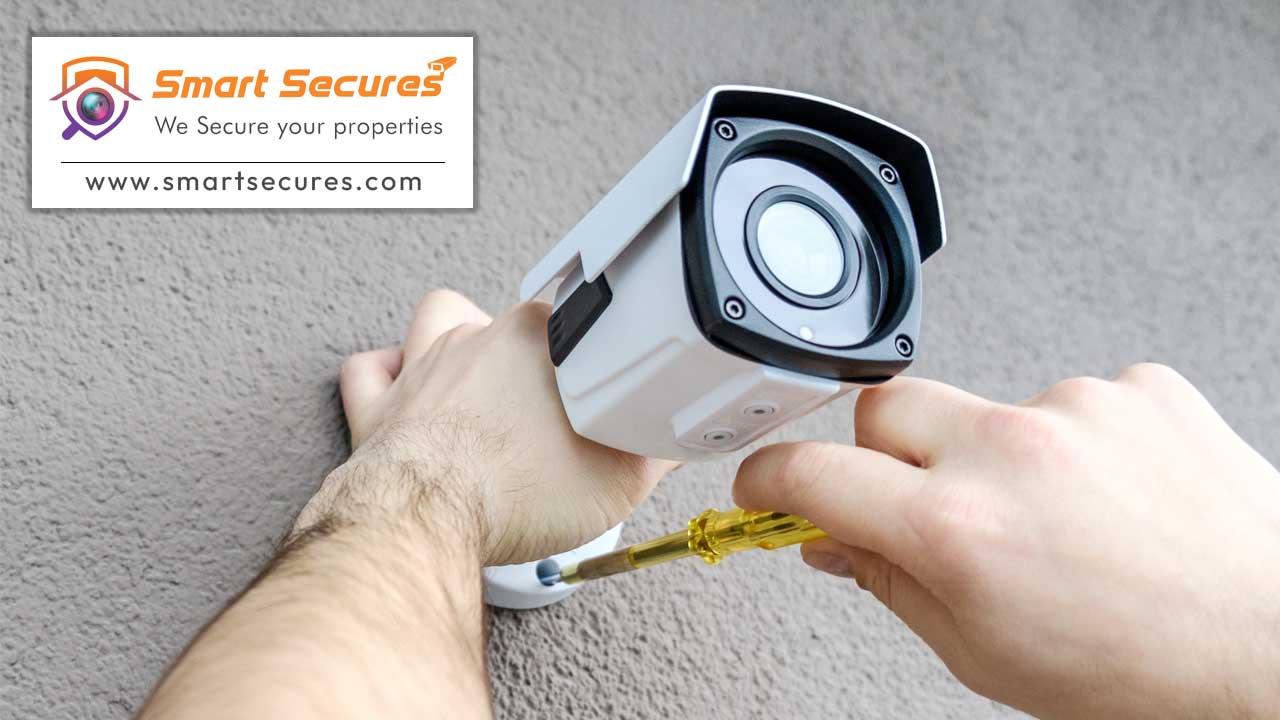
Setting up an IP camera with a CP Plus NVR (Network Video Recorder) is essential for achieving an efficient and secure video surveillance system. CP Plus, known for its reliable security solutions, offers user-friendly features and advanced monitoring capabilities that make it popular among commercial, industrial, and home users. This guide walks you through the exact steps needed to connect an IP camera to your CP Plus NVR and achieve optimal functionality.
Why Connect an IP Camera to an NVR?
An NVR provides centralized storage and control for IP cameras, making it easier to manage footage, enhance video quality, and access remote monitoring features. Whether for business, industrial facilities, or residential areas, connecting your IP camera to an NVR boosts your security and makes data management efficient and scalable.
What You Need to Get Started
Before setting up your CP Plus IP camera with the NVR, gather the following:
CP Plus NVR (configured and connected to a monitor or TV)
CP Plus IP Camera
Ethernet Cable (for wired connections)
Internet Router (if setting up via network)
Mobile device or PC (to configure and test settings)
Step-by-Step Guide to Connect IP Camera to CP Plus NVR
Connect NVR to the Monitor
Plug the CP Plus NVR into the power source.
Connect the NVR to a monitor using an HDMI or VGA cable.
Power on the NVR and monitor, and ensure they are properly connected.
Connect the IP Camera to the Network
For Wired Connections: Use an Ethernet cable to connect the IP camera directly to the router or switch.
For Wireless IP Cameras: Connect to the same network as the NVR by entering Wi-Fi credentials during setup.
Step 3: Access NVR’s Main Menu
Use the mouse provided with the NVR to navigate to the Main Menu.
Enter login credentials (default username is usually “admin,” with password “admin” or as per user settings).
Step 4: Add the IP Camera
In the NVR Main Menu, select Camera Setup or Camera Management.
Look for an option like Add Camera or Camera Search. The NVR should automatically detect all IP cameras on the network.
Select the IP camera you want to connect and click Add.
Step 5: Configure the IP Camera Settings
Select your added camera and go to the Configuration Settings.
Modify the IP address, gateway, and port settings if necessary. Ensure they match the network settings of your NVR.
Save the settings.
Step 6: Test the Connection
After configuration, go to Live View or Preview on your NVR interface.
Check if the camera feed appears. If you don’t see it, double-check network settings and ensure the IP camera is on the same subnet as the NVR.
Step 7: Set Up Remote Viewing (Optional)
Download the CP Plus app (CP Plus gCMOB for mobile) or open the CP Plus software on your PC.
Register the NVR and camera for remote access by entering their serial numbers or IP addresses.
Complete the setup following the prompts and start viewing your live feed remotely.
Troubleshooting Tips for a Smooth Connection
Check Network Settings: If the camera doesn’t appear on the NVR, ensure both devices are on the same network.
Update Firmware: Make sure your CP Plus NVR and IP camera firmware are up-to-date for the best compatibility.
Reset the Camera: If the configuration fails, reset the camera to factory settings and try again.
Verify IP Address: IP conflicts can prevent the camera from connecting. Ensure each device has a unique IP.
Best Practices for Office, Industrial, and Home Security
Use Secure Passwords: Change default passwords to secure ones to prevent unauthorized access.
Enable Motion Detection: Configure motion alerts for critical areas to monitor suspicious activity.
Optimize Storage Settings: Adjust storage preferences to ensure continuous recording without losing essential footage.
Maintain Equipment Regularly: Regularly clean and update your cameras to maintain optimal video quality.
Conclusion
Connecting a CP Plus IP camera to an NVR may seem complex initially, but following these steps ensures a successful and efficient setup. By selecting the right equipment, adhering to best practices, and ensuring proper configuration, you’ll have a secure surveillance system that enhances safety for business, industrial, or residential environments. Remember to test your setup and regularly update your system to maintain optimal performance and security.







